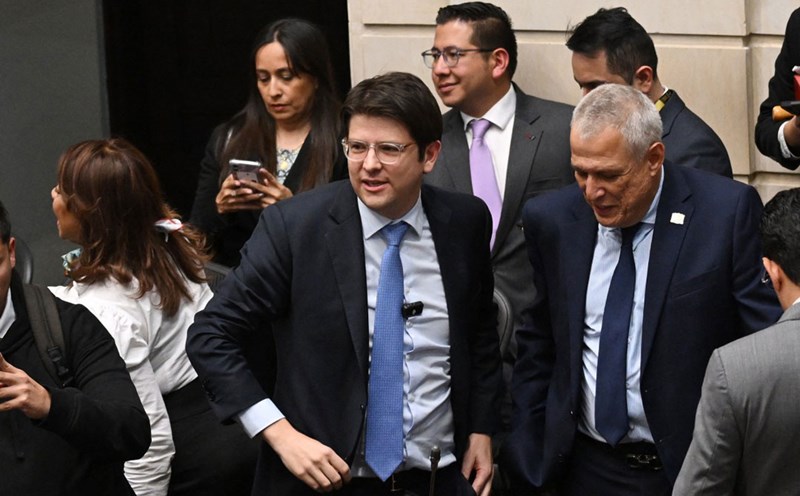Consumers confused
According to many consumers, counterfeit goods are now in an increasingly sophisticated form, difficult to distinguish with the naked eye. Mr. Tran Quoc Bao (Binh Thanh District) shared: I once bought a pair of sneakers at a store on Cach Mang Thang Tam Street (District 10), the seller confirmed that it was genuine inventory. However, after only two weeks of traveling, the base peeled off and the glue was flowing. I took them to ask them about friends and found out that they were counterfeit goods of type 3".
Ms. Nguyen Thi Minh Thu (Binh Thanh District) said: "I used to buy cosmetics online, the products on the outside look no different from genuine products. But just a few days later, my skin became inflamed and I had to see a doctor to find out that it was counterfeit. Now, every time I buy something, I have to carefully research every word.
The sophistication of counterfeit and fake goods makes consumers easily fall into the trap, no matter how careful. As a result, not only is money lost, but also loss of confidence in the commodity market, especially products labeled as "clean" or "safe".
According to Mr. Nguyen Ngoc Hoa - Chairman of the Ho Chi Minh City Business Association, the trend of green consumption, sustainable development and selection of safe, clean, healthy products is receiving special attention from the people of Ho Chi Minh City. However, consumers are caught up in a "matrix", it is difficult to distinguish between truly clean products and counterfeit and labelled products.
"Given the mixed reality of real and fake, poor quality goods mixed with genuine goods, it is necessary to coordinate between reputable manufacturers and professional distribution systems to bring transparent green products, helping consumers feel secure when choosing and using them" - Mr. Hoa emphasized.
Close coordination is needed
In reality, the authorities regularly inspect counterfeit and counterfeit goods in the city, but the violation still continues to recur. Faced with the painful situation, Ho Chi Minh City has established a specialized working group headed by Chairman of the Ho Chi Minh City People's Committee Nguyen Van Duoc, launching a peak period of scanning counterfeit goods, smuggled goods, trade fraud and infringement of intellectual property rights. At the same time, authorities are also required to strengthen inspection, especially for online sales activities, where counterfeit goods are most likely to hide.
According to the Ho Chi Minh City Market Management Department, the widespread appearance of goods of unknown origin in the market is eroding consumers' confidence in product quality. The difficulty in distinguishing between real and fake goods makes people always have a skeptical and hesitant mindset when shopping, thereby directly affecting the business activities of genuine businesses.
Not only causing revenue losses for legitimate production and business enterprises, the consumption of floating goods also creates conditions for trade fraud, unfair competition and infringement of development intellectual property rights. This situation has a negative impact on the business environment in particular and the socio-economic situation in general.
Goods of unknown origin are often produced and distributed in small quantities, without a specific address, causing many obstacles for inspection and handling by authorities. In particular, in the context of strong e-commerce development, verifying the origin and handling violations is even more complicated.
To effectively deal with this problem, there needs to be close coordination between management agencies, businesses and consumers. First of all, authorities need to strengthen inspection and supervision of business establishments, especially on online platforms. The application of information technology to trace the origin and monitor business activities also needs to be promoted to improve management efficiency.











